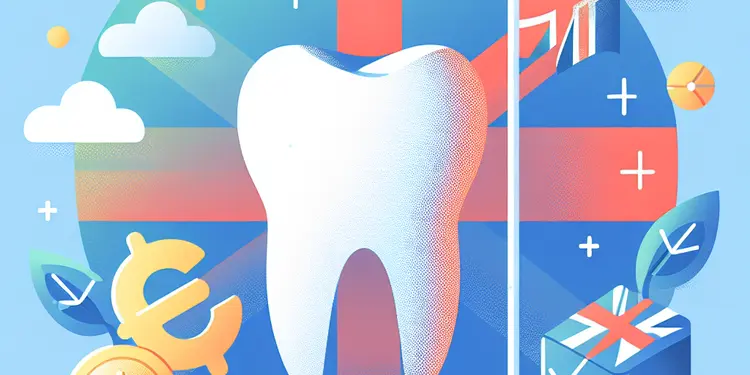
Find Help
More Items From Ergsy search
-
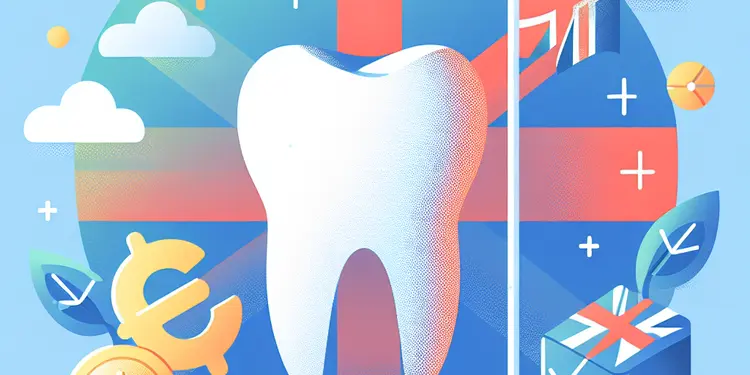
What are the symptoms of tooth decay?
Relevance: 100%
-

How is tooth decay diagnosed?
Relevance: 87%
-
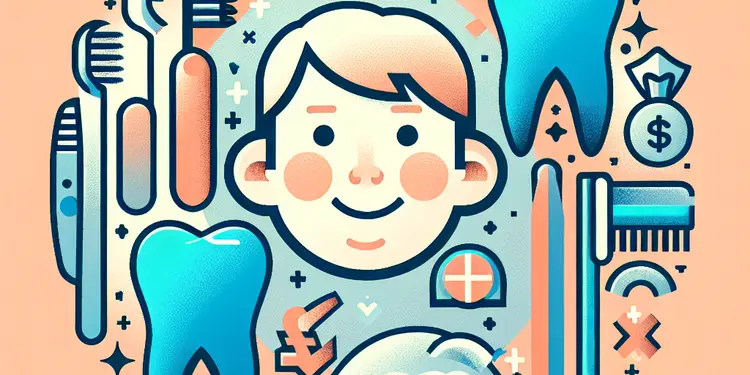
Is tooth decay common in children?
Relevance: 83%
-
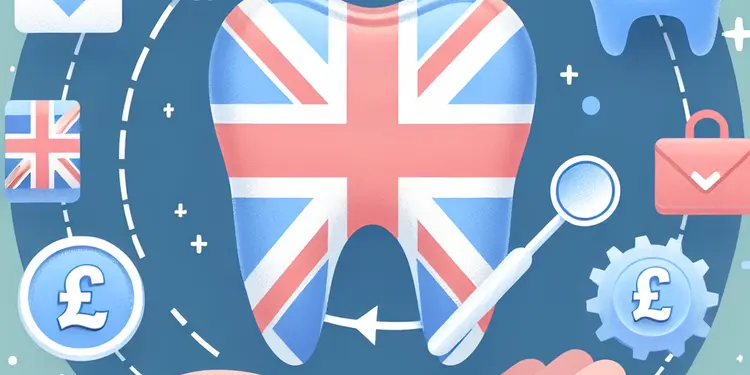
Can tooth decay be reversed?
Relevance: 83%
-
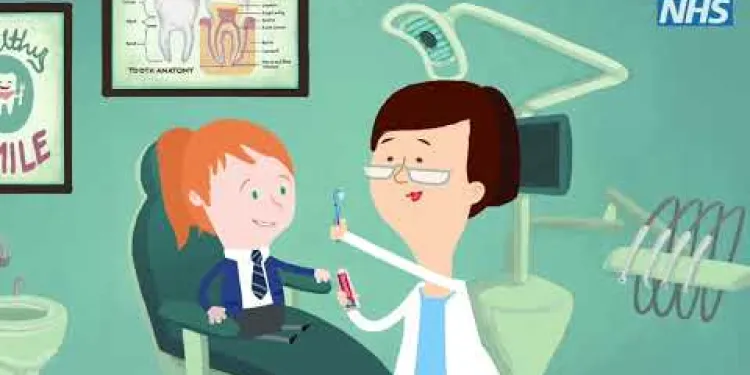
Oral Health Awareness - Tooth Decay
Relevance: 82%
-
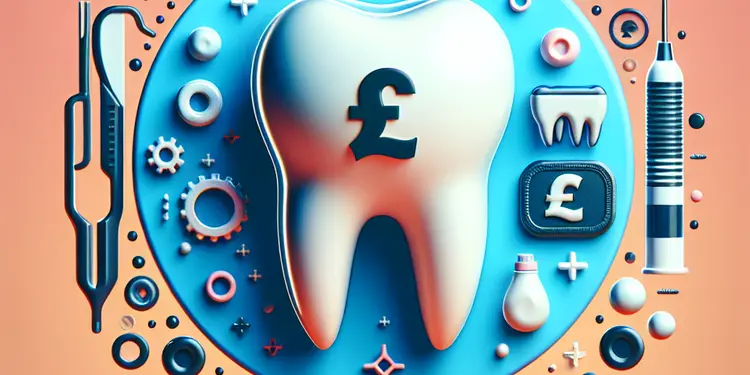
How can I prevent tooth decay?
Relevance: 79%
-

How does diet affect tooth decay?
Relevance: 77%
-
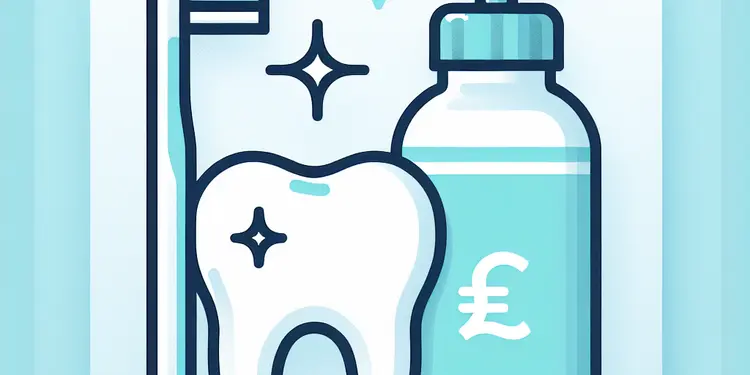
Can using mouthwash prevent tooth decay?
Relevance: 76%
-
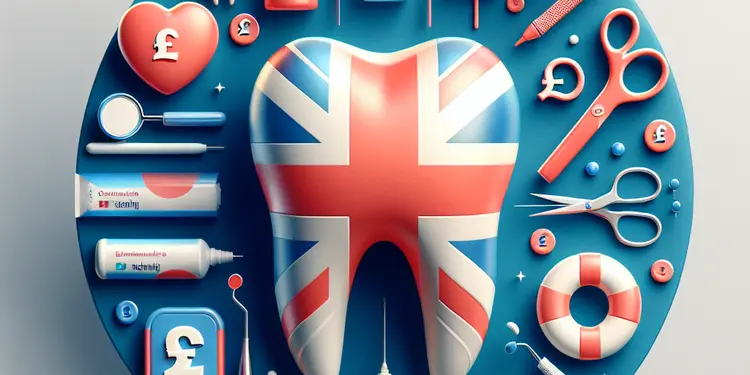
How does fluoride help prevent tooth decay?
Relevance: 71%
-
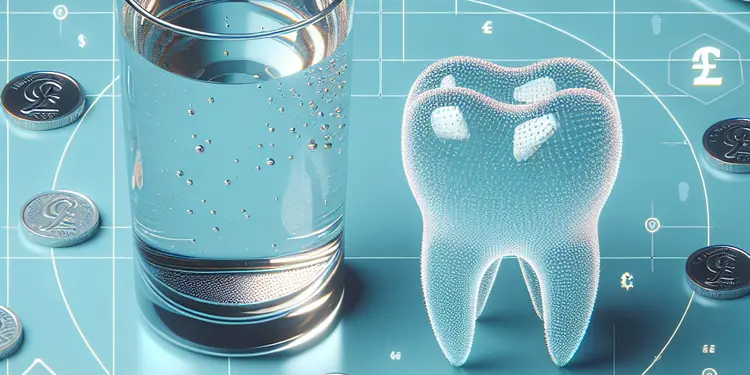
Can drinking water help prevent tooth decay?
Relevance: 71%
-

Are sugary drinks worse than sugary foods for causing tooth decay?
Relevance: 69%
-
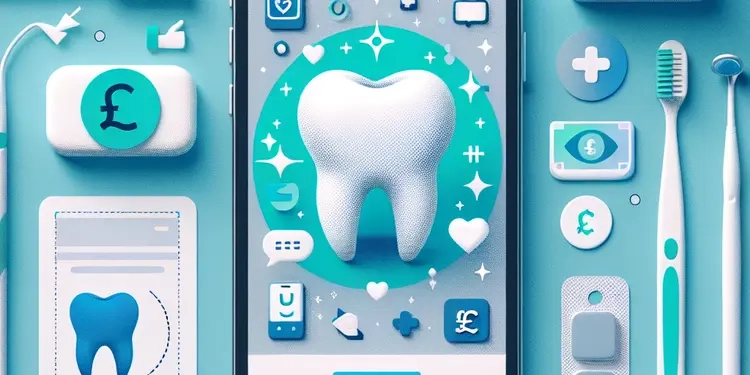
What is tooth decay?
Relevance: 66%
-
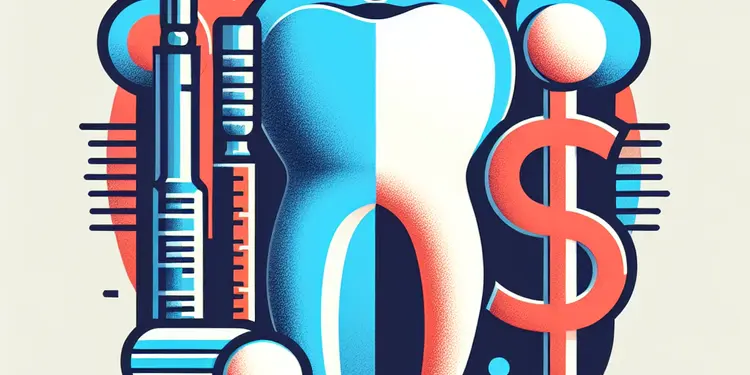
What is the role of dental sealants in preventing tooth decay?
Relevance: 64%
-
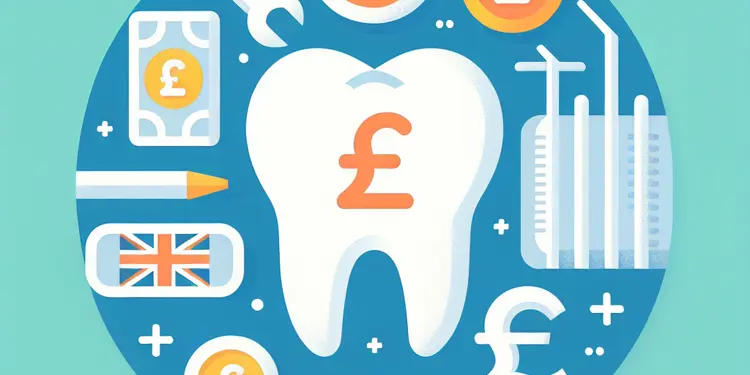
What treatments are available for tooth decay?
Relevance: 57%
-
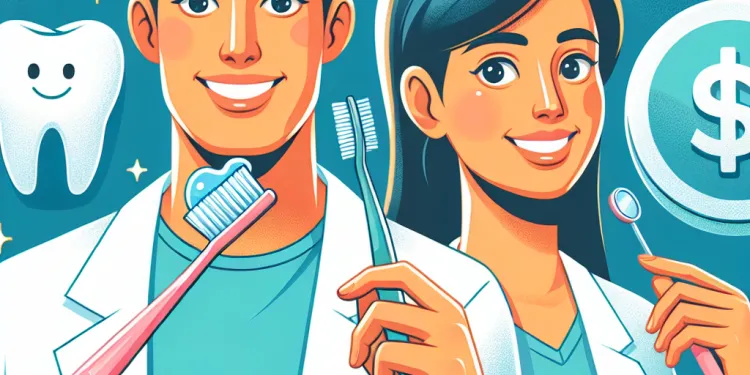
Dental Health: Tips for All Ages
Relevance: 32%
-

How can I satisfy my sweet tooth without consuming sugar?
Relevance: 26%
-
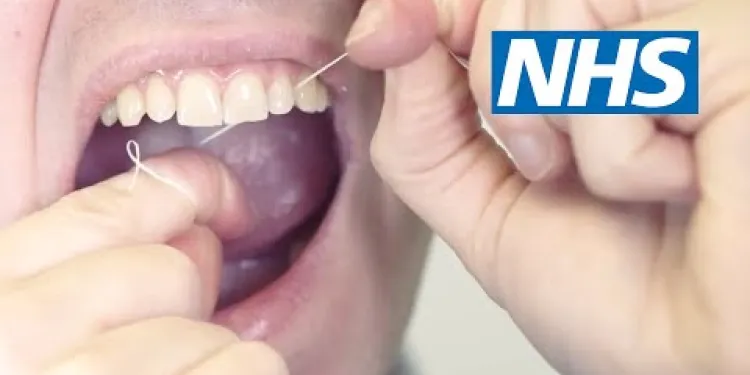
How to floss | NHS
Relevance: 23%
-

Is orange juice acidic and can it affect teeth?
Relevance: 22%
-
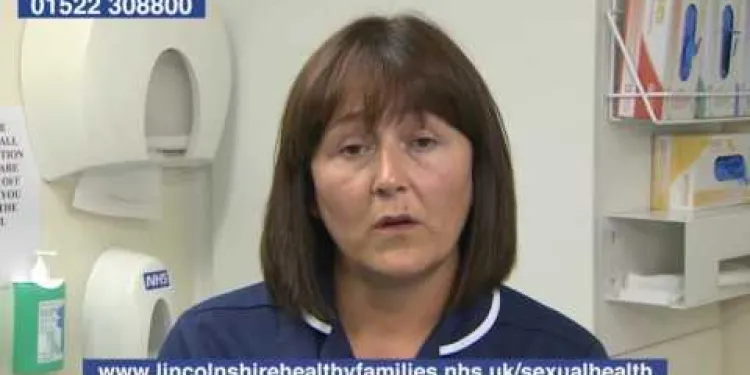
The symptoms of gonorrhoea
Relevance: 20%
-
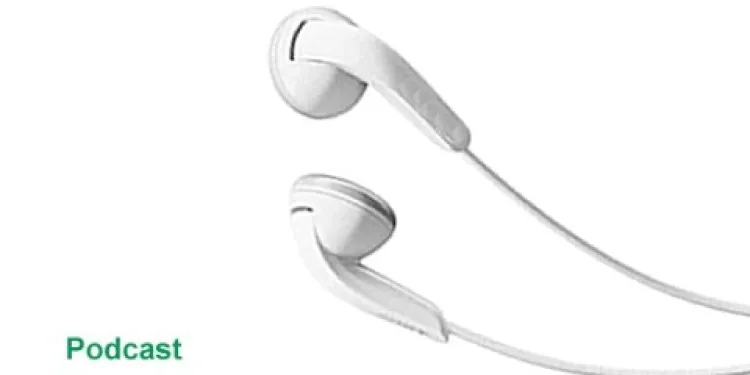
Coping with dry mouth
Relevance: 20%
-

How much sugar should I eat every day?
Relevance: 19%
-

What are the symptoms of norovirus?
Relevance: 19%
-

What are the symptoms of Rubella?
Relevance: 19%
-

What treatments are covered by the NHS dental service?
Relevance: 19%
-
What are common symptoms of eating disorders?
Relevance: 19%
-

Are there symptoms of an HPV infection?
Relevance: 19%
-
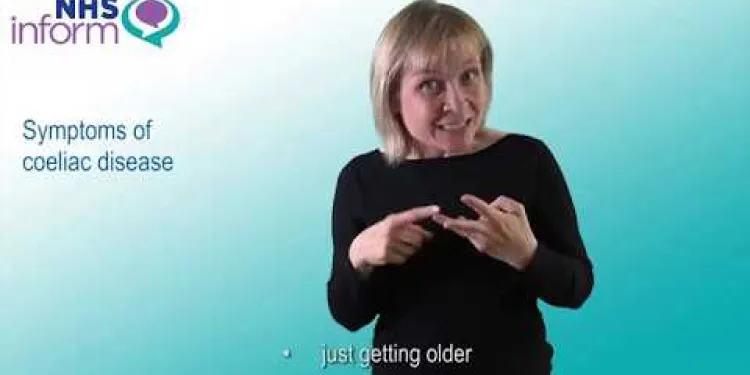
Symptoms of coeliac disease
Relevance: 19%
-

What are the symptoms of measles?
Relevance: 19%
-

What are the symptoms of measles?
Relevance: 19%
-

What are the symptoms of measles?
Relevance: 19%
-

What are the symptoms of SAD?
Relevance: 19%
-

Are Turkey Teeth only for aesthetic purposes?
Relevance: 19%
-

What are the symptoms of BPH?
Relevance: 19%
-
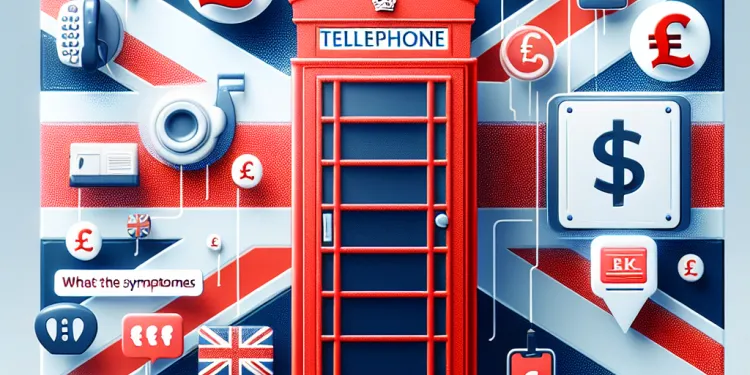
What are the symptoms of chickenpox?
Relevance: 19%
-
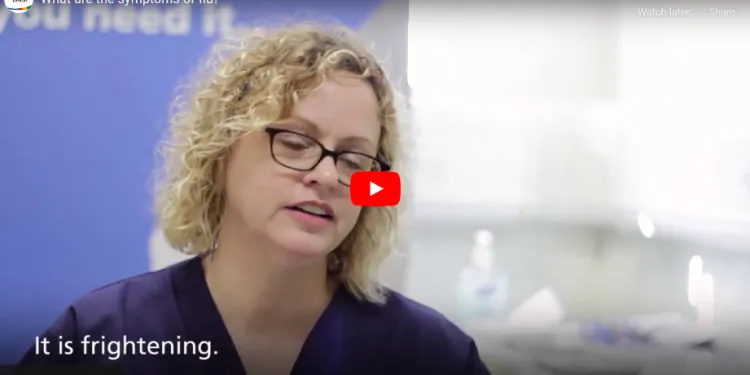
What are the symptoms of flu ?
Relevance: 19%
-

What are the symptoms of whiplash?
Relevance: 19%
-

What are the symptoms of hypotony?
Relevance: 19%
-
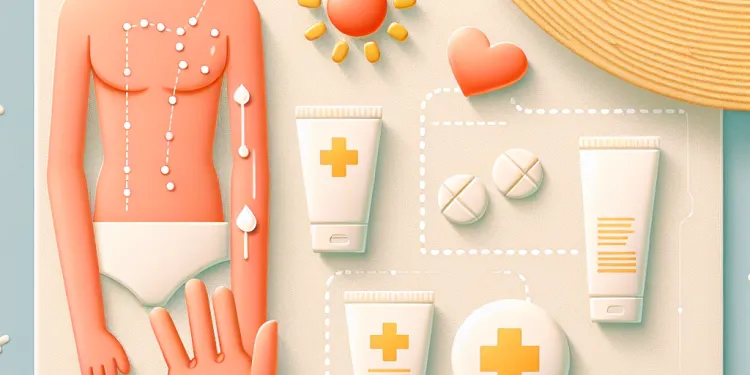
What are the symptoms of sunburn?
Relevance: 19%
-

What are the symptoms of a screw worm infestation?
Relevance: 19%
-
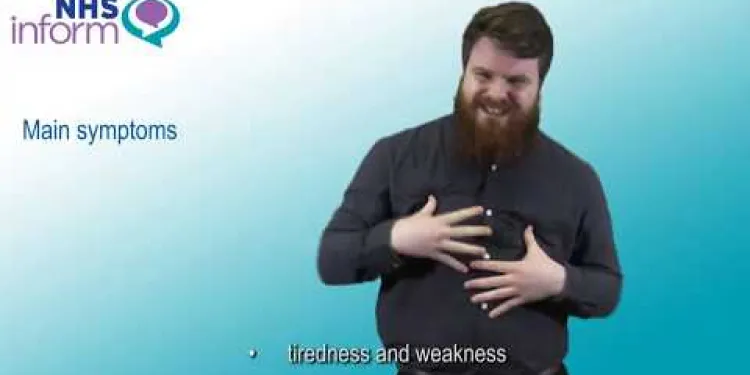
Symptoms of flu (influenza)
Relevance: 19%
Understanding Tooth Decay
Tooth decay, also known as dental caries or cavities, is a common issue affecting many individuals in the UK. It occurs when the enamel of the tooth is destroyed by acids produced from plaque bacteria. Recognizing the symptoms of tooth decay early can help prevent more serious dental problems from developing.
Initial Symptoms
In the early stages of tooth decay, the symptoms may be subtle and not immediately noticeable. The first sign is often small white spots on the surface of the tooth, indicating the beginning of enamel breakdown. At this stage, there might not be any pain or discomfort, making it easy to overlook.
Sensitivity to Temperature
As tooth decay progresses, you may start to experience increased sensitivity to hot, cold, or sweet foods and drinks. This sensitivity is a result of the enamel becoming thinner, exposing the underlying dentin layer. Consuming these temperature-sensitive substances may cause a mild to sharp pain that lingers after the exposure.
Visible Discolouration and Holes
If left untreated, the white spots on the teeth may turn into brown or black stains. Eventually, visible pits or holes may develop in the tooth surface. These changes indicate that the decay has progressed from the enamel to the softer dentin tissue beneath. At this stage, the damage is more advanced, and intervention from a dental professional is necessary.
Pain and Discomfort
Individuals with tooth decay may experience persistent toothache or pain. This discomfort can occur spontaneously or in response to pressure from chewing. The intensity of the pain can range from mild to severe, and in some cases, it may radiate to the jaw, ear, or even cause headaches. Lingering pain is a clear sign that the decay has reached the deeper layers of the tooth.
Bad Breath and Unpleasant Taste
Tooth decay often leads to bad breath, medically known as halitosis. As the bacteria that cause decay decompose the tooth structures, they produce unpleasant odours. Additionally, individuals may notice a bad taste in their mouth, often described as metallic or sour, which can persist regardless of oral hygiene practices.
Swelling and Abscess Formation
Advanced tooth decay can result in the formation of an abscess, a pus-filled pocket caused by bacterial infection. This can lead to swelling of the gums around the affected tooth, and in severe cases, swelling may extend to the face or neck. An abscess is a dental emergency that requires immediate attention to prevent further health complications.
Conclusion
Being aware of the early symptoms of tooth decay helps in seeking timely dental care. Regular dental check-ups, maintaining good oral hygiene, and a healthy diet can help prevent tooth decay and preserve overall dental health.
Understanding Tooth Decay
Tooth decay is when your teeth get holes in them. This happens because of germs on your teeth. These germs make acids that hurt your teeth. Knowing the signs early can help stop bigger problems.
Initial Symptoms
At first, tooth decay is hard to see. You might get small white spots on your teeth. This means they are starting to get damaged. You might not feel any pain at this stage, so it's easy not to notice.
Sensitivity to Temperature
If tooth decay gets worse, your teeth might hurt when you eat or drink hot, cold, or sweet things. This is because the top part of your teeth is getting thinner. You might feel a little pain or a sharp pain when eating these things.
Visible Discolouration and Holes
If you do not treat tooth decay, the white spots can turn brown or black. Later, you might see small holes in your teeth. This means the decay has gone deeper. At this point, you need to see a dentist.
Pain and Discomfort
People with tooth decay might have a toothache. The pain can come and go or hurt when you bite down. The pain can be light or very strong. It can even make your jaw, ear, or head hurt. If you have this pain, the decay is deep in the tooth.
Bad Breath and Unpleasant Taste
Tooth decay can make your breath smell bad. This is because the germs make smelly stuff as they hurt your tooth. You might also notice a nasty taste in your mouth, which could taste like metal or be sour.
Swelling and Abscess Formation
When tooth decay is very bad, it can make a pus-filled lump called an abscess. This can make your gums swell near the tooth. It might even make your face or neck swell. An abscess is serious and needs a dentist right away.
Conclusion
Knowing about tooth decay helps you get help in time. Going to the dentist often, brushing your teeth, and eating healthy can stop tooth decay and keep your teeth strong.
Frequently Asked Questions
What are the early signs of tooth decay?
Early signs of tooth decay include white spots on the teeth which may indicate mineral loss from the enamel.
What are common symptoms of tooth decay as it progresses?
Common symptoms include toothache, sensitivity to sweet, hot, or cold foods and drinks, and visible holes or pits in the teeth.
Can tooth decay cause bad breath?
Yes, tooth decay can lead to bad breath due to the accumulation of food particles and bacteria in the cavities.
How does tooth sensitivity relate to tooth decay?
Tooth sensitivity can occur as the decay progresses and the enamel wears down, exposing the dentin layer.
Are there any visual signs of tooth decay?
Visual signs include discoloration such as brown, black, or gray spots on the teeth.
What sensation might you feel if you have tooth decay?
You might feel sharp pain or dull ache in a particular tooth, especially when eating or drinking.
Do cavities always cause pain?
Not always. Some cavities develop without any pain or discomfort, especially in the early stages.
Can tooth decay affect your gums?
While tooth decay primarily affects the teeth, severe decay can lead to infection which may affect the gums.
What might you notice when biting down if you have tooth decay?
You might notice pain or discomfort when biting down as the pressure can affect the decayed tooth.
Can tooth decay cause swelling?
Yes, severe tooth decay can lead to abscess formation, causing swelling in the gums and face.
How does persistent bad taste in the mouth relate to tooth decay?
A persistent bad taste can occur if decay leads to an infection or the accumulation of decaying matter.
What are the systemic symptoms of severe tooth decay?
Systemic symptoms might include fever and swollen lymph nodes if an infection spreads.
Can cavities lead to tooth discoloration?
Yes, cavities can lead to tooth discoloration as the decay progresses, causing the affected tooth to turn darker.
How does a cavity feel to the touch?
A cavity might feel like a rough or sticky area on the tooth when touched with the tongue or a dental probe.
Is it possible to have a cavity without visible symptoms?
Yes, some cavities can go unnoticed until examined by a dentist or revealed by an X-ray.
How might tooth decay impact oral health overall?
Untreated tooth decay can lead to infections, tooth loss, and can affect overall oral hygiene and health.
Can you experience ear pain from tooth decay?
Yes, pain from tooth decay can sometimes radiate to the ear, especially if it's a lower molar that's affected.
Why might tooth decay cause difficulty eating?
Tooth decay can cause pain and sensitivity, making it uncomfortable to chew and bite, leading to difficulty eating.
Does tooth decay always require a dental filling?
Most tooth decay does require a filling, but early decay might be treated with fluoride or other preventive measures if detected soon enough.
Can tooth decay affect neighboring teeth?
Yes, decay can spread to adjacent teeth if not treated, as bacteria can easily move between teeth.
What are the early signs of tooth decay?
Tooth decay is when a tooth gets damaged. Look for these signs early:
- White or brown spots on teeth
- Pain when eating or drinking
- Sensitive teeth
- Bad breath
If you see these signs, tell an adult or a dentist. They can help.
Use a toothbrush and toothpaste every day. This keeps your teeth healthy.
For help with reading, try using pictures or sounds. Ask someone to read with you.
Early signs of tooth decay can be white spots on your teeth. These spots mean the enamel is losing minerals.
What happens when a tooth starts to go bad?
Here are some signs to look for:
- Your tooth might hurt.
- Your tooth might be sensitive to hot or cold drinks.
- You might see a hole or dark spot on your tooth.
- Your breath might smell bad.
- Your gums might hurt or bleed.
If you notice any of these signs, tell an adult or visit a dentist. They can help you take care of your teeth.
Signs you might have a problem with your teeth:
- Your tooth hurts.
- Your teeth feel funny when you eat something sweet, hot, or cold.
- You can see small holes in your teeth.
If you're having trouble understanding this text, you can try:
- Using a reading ruler or guide to help keep your place.
- Using text-to-speech tools to read the text out loud for you.
- Breaking down the text into smaller parts and reading each part slowly.
Does having a bad tooth make your breath smell?
Yes, if you have a cavity, it can make your breath smell bad. This happens because food and germs can get stuck in the hole in your tooth.
Why do my teeth hurt when they are bad?
Sometimes teeth can feel sore or hurt. This can happen if your teeth are not healthy.
When teeth start to go bad, this is called tooth decay.
Tooth decay can make your teeth hurt when you eat or drink.
You can visit a dentist to help make your teeth feel better.
Tools that can help are soft toothbrushes and special toothpaste.
Your teeth might feel sore if they begin to wear out. This happens when the outside layer of the tooth gets thin and the inside part is shown.
How can I see if a tooth is going bad?
Look for color changes on teeth, like brown, black, or gray spots. These are signs to watch out for.
What might you feel if you have a hole in your tooth?
If you have a hole in your tooth, you might feel:
- A sore feeling in your tooth.
- Your tooth might hurt when you eat or drink something sweet, hot, or cold.
- You might have a bad taste in your mouth.
If you feel any of these things, it’s a good idea to tell someone like a dentist.
You can also use tools like pictures or ask someone to help explain it if you need more help understanding.
You might feel a strong or mild pain in a tooth. This can happen when you eat or drink.
Do cavities always hurt?
Sometimes cavities can hurt, but not always. You might not feel any pain at first. It's important to see a dentist regularly to check for cavities, even if nothing hurts.
Here are some things that can help:
- Use easy-to-read books or apps to learn about teeth and cavities.
- Try using pictures and videos to understand cavities better.
- Ask someone to explain things in simple words if you don't understand.
No, not always. Cavities can start without causing any pain. You might not feel anything when they are small.
Can bad teeth make your gums sick?
Yes, bad teeth can hurt your gums. It is important to take care of your teeth to keep your mouth healthy.
To keep teeth and gums healthy, you can:
- Brush your teeth two times a day.
- Visit the dentist for check-ups.
- Eat healthy foods like fruits and veggies.
If you need help reading, you can try:
- Asking someone to read with you.
- Using audio books.
- Using pictures or videos to learn more.
Tooth decay hurts teeth. If it gets really bad, it can cause an infection. This infection might make your gums hurt too.
What can you feel when you bite if your tooth is bad?
If your tooth is bad, you might feel:
- Pain when you bite
- A sharp or dull ache
- Sensitivity to hot or cold
Try using these tips to help:
- Brush your teeth gently
- Use toothpaste for sensitive teeth
- Visit the dentist for advice
You might feel pain or discomfort when you bite down. This is because the pressure can hurt your bad tooth.
Can bad teeth make your mouth swell?
Yes, really bad tooth decay can cause a pocket of pus called an abscess. This makes your gums and face swell up.
Why might your mouth taste bad if your teeth are unhealthy?
Teeth problems can make your mouth taste bad. If teeth are not clean, they can cause tooth decay, which is when teeth get holes. The decay can make your mouth taste bad.
It is a good idea to brush your teeth and see a dentist. Using mouthwash can help too.
Sometimes, a bad taste in your mouth means there is a problem. This can happen if your teeth have a bad infection or if food is stuck and going bad.
What happens to your body when you have bad tooth decay?
When germs spread in your body, you might get a fever and have bigger lumps under your skin. These lumps are called lymph nodes.
Can cavities make teeth change color?
Yes, cavities can make teeth change color. As the cavity gets worse, the tooth can get darker.
What does a cavity feel like?
A cavity is a hole in your tooth. You might feel it when you touch your tooth with your tongue. It feels rough or sharp. If it hurts, tell a grown-up you trust. They can help you see a dentist.
A cavity can feel like a bumpy or sticky spot on your tooth. You might notice it when you touch your tooth with your tongue or when the dentist checks with their tool.
Here are some things that can help:
- Brush your teeth two times every day.
- Use toothpaste that has fluoride.
- Try using a toothbrush with a small head to reach all the spots.
- Ask someone you trust to check with you if you're not sure about your teeth.
Can you have a cavity without seeing any signs?
Yes, some holes in teeth called cavities can be hard to see. A dentist or an X-ray can help find them.
How does tooth decay affect your mouth's health?
Tooth decay can hurt your mouth. It makes holes in your teeth called cavities. Cavities can make your teeth hurt and make it hard to eat.
If tooth decay gets bad, it can cause infections. Infections can make your gums swell and hurt. This is not good for your gums and teeth.
If you have tooth decay, it's important to see a dentist. The dentist can help fix your teeth.
Brushing your teeth every day and using mouthwash can help keep your teeth healthy.
If you don't fix a bad tooth, it can cause big problems. You could get an infection, lose the tooth, and your mouth won't be as healthy.
Here are some things that can help:
1. Brush your teeth every day. This keeps them clean.
2. Use mouthwash. It helps your mouth stay healthy.
3. Go to the dentist. They can check your teeth and fix problems early.
Taking care of your teeth is important!
Can a bad tooth make your ear hurt?
Yes, a tooth with a hole or that is hurting can sometimes make your ear feel bad too. If your tooth feels sore, it can send pain to your ear. It's a good idea to tell someone, like a dentist or a grown-up, if this happens.
To help you understand better or if you need help with words, ask an adult or use tools like pictures or reading helpers.
Yes, if you have a bad tooth, it can sometimes make your ear hurt too. This is more likely to happen if it's a back bottom tooth.
Why Can Bad Teeth Make Eating Hard?
Bad teeth can hurt. Hurting teeth make it hard to eat. When you chew, it might hurt more. You might not want to eat food that is too hard or crunchy.
Here are some ideas to help:
- Eat soft foods like mashed potatoes or yogurt.
- Brush teeth gently two times a day.
- Ask a grown-up to help you see a dentist.
- Use a straw to drink to stop hurting teeth.
When your tooth has problems, it can hurt and feel sensitive. This can make it hard to chew and bite your food. Eating might not feel good.
Do you always need a filling for a bad tooth?
Most of the time, if you have a hole in your tooth, the dentist will need to fix it. But if the problem is found early, sometimes fluoride or other treatments can stop it from getting worse. It's important to catch it quickly.
Can bad teeth make other teeth sick?
Yes, if you do not fix a bad tooth, it can make other teeth bad too. Germs can move from one tooth to another.
Useful Links
This website offers general information and is not a substitute for professional advice.
Always seek guidance from qualified professionals.
If you have any medical concerns or need urgent help, contact a healthcare professional or emergency services immediately.
Some of this content was generated with AI assistance. We’ve done our best to keep it accurate, helpful, and human-friendly.
- Ergsy carfully checks the information in the videos we provide here.
- Videos shown by Youtube after a video has completed, have NOT been reviewed by ERGSY.
- To view, click the arrow in centre of video.
- Most of the videos you find here will have subtitles and/or closed captions available.
- You may need to turn these on, and choose your preferred language.
- Go to the video you'd like to watch.
- If closed captions (CC) are available, settings will be visible on the bottom right of the video player.
- To turn on Captions, click settings .
- To turn off Captions, click settings again.
More Items From Ergsy search
-

What are the symptoms of tooth decay?
Relevance: 100%
-

How is tooth decay diagnosed?
Relevance: 87%
-

Is tooth decay common in children?
Relevance: 83%
-

Can tooth decay be reversed?
Relevance: 83%
-

Oral Health Awareness - Tooth Decay
Relevance: 82%
-

How can I prevent tooth decay?
Relevance: 79%
-

How does diet affect tooth decay?
Relevance: 77%
-

Can using mouthwash prevent tooth decay?
Relevance: 76%
-

How does fluoride help prevent tooth decay?
Relevance: 71%
-

Can drinking water help prevent tooth decay?
Relevance: 71%
-

Are sugary drinks worse than sugary foods for causing tooth decay?
Relevance: 69%
-

What is tooth decay?
Relevance: 66%
-

What is the role of dental sealants in preventing tooth decay?
Relevance: 64%
-

What treatments are available for tooth decay?
Relevance: 57%
-

Dental Health: Tips for All Ages
Relevance: 32%
-

How can I satisfy my sweet tooth without consuming sugar?
Relevance: 26%
-

How to floss | NHS
Relevance: 23%
-

Is orange juice acidic and can it affect teeth?
Relevance: 22%
-

The symptoms of gonorrhoea
Relevance: 20%
-

Coping with dry mouth
Relevance: 20%
-

How much sugar should I eat every day?
Relevance: 19%
-

What are the symptoms of norovirus?
Relevance: 19%
-

What are the symptoms of Rubella?
Relevance: 19%
-

What treatments are covered by the NHS dental service?
Relevance: 19%
-
What are common symptoms of eating disorders?
Relevance: 19%
-

Are there symptoms of an HPV infection?
Relevance: 19%
-

Symptoms of coeliac disease
Relevance: 19%
-

What are the symptoms of measles?
Relevance: 19%
-

What are the symptoms of measles?
Relevance: 19%
-

What are the symptoms of measles?
Relevance: 19%
-

What are the symptoms of SAD?
Relevance: 19%
-

Are Turkey Teeth only for aesthetic purposes?
Relevance: 19%
-

What are the symptoms of BPH?
Relevance: 19%
-

What are the symptoms of chickenpox?
Relevance: 19%
-

What are the symptoms of flu ?
Relevance: 19%
-

What are the symptoms of whiplash?
Relevance: 19%
-

What are the symptoms of hypotony?
Relevance: 19%
-

What are the symptoms of sunburn?
Relevance: 19%
-

What are the symptoms of a screw worm infestation?
Relevance: 19%
-

Symptoms of flu (influenza)
Relevance: 19%


